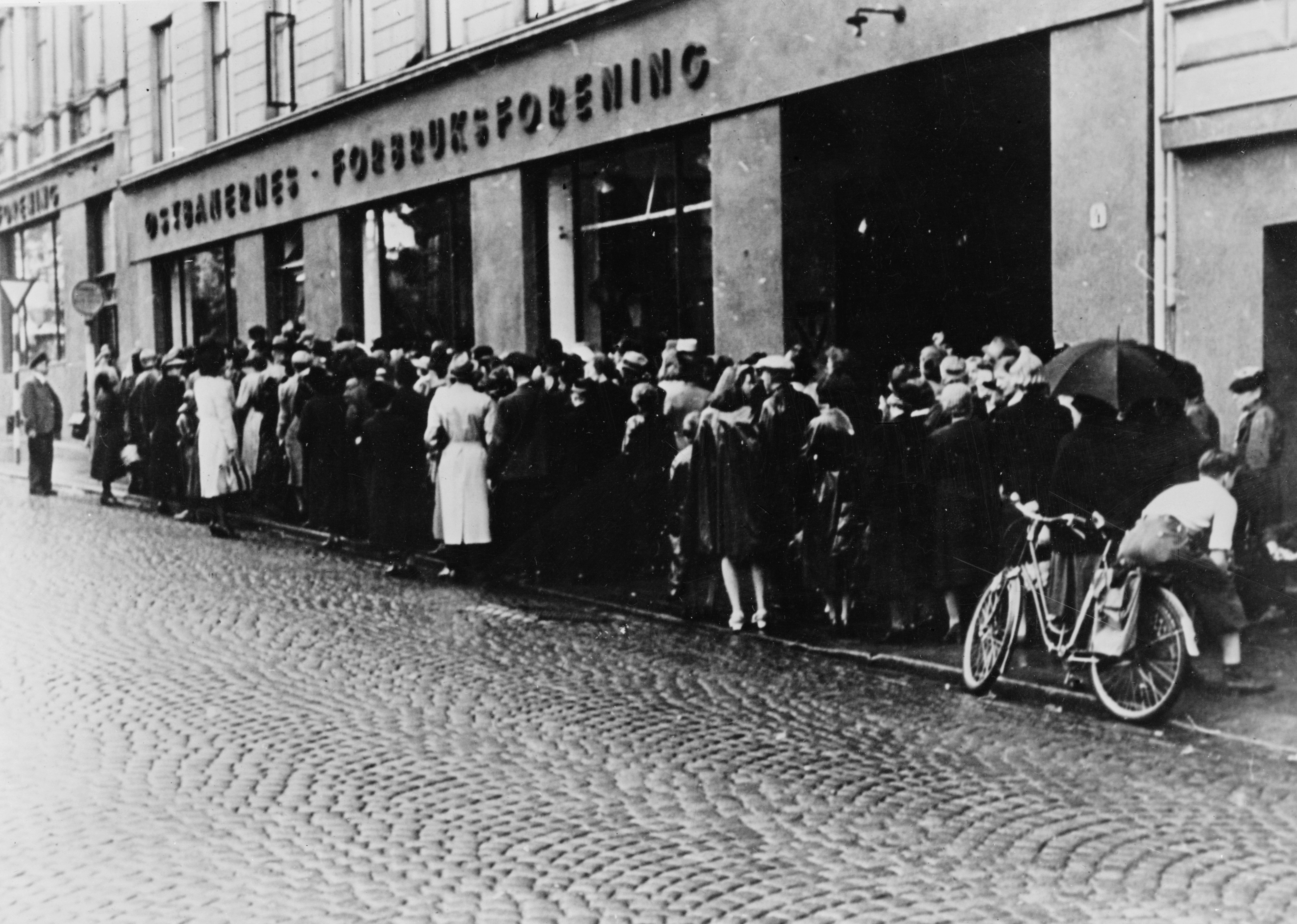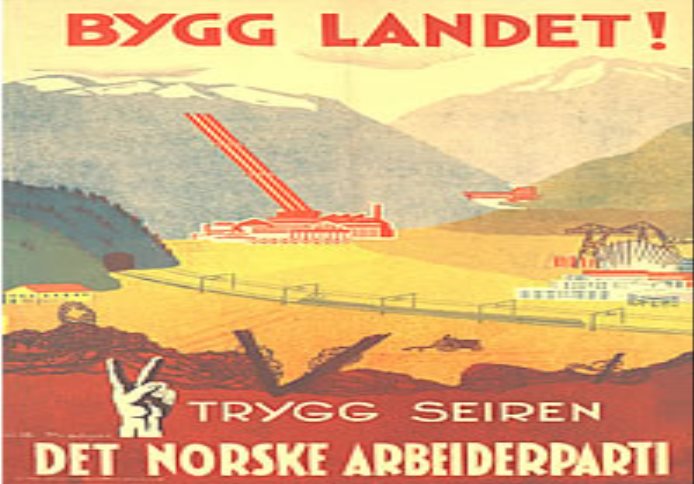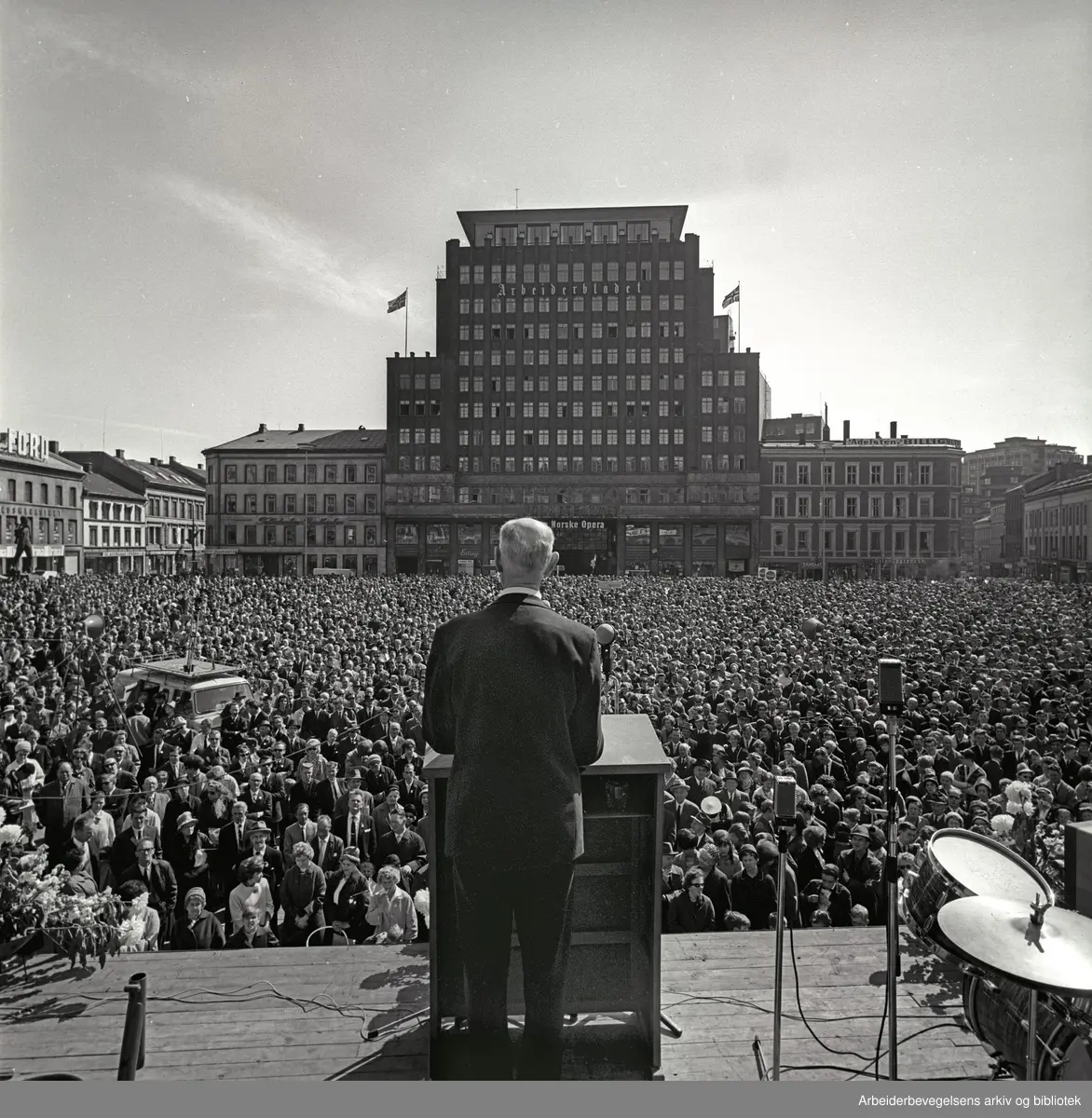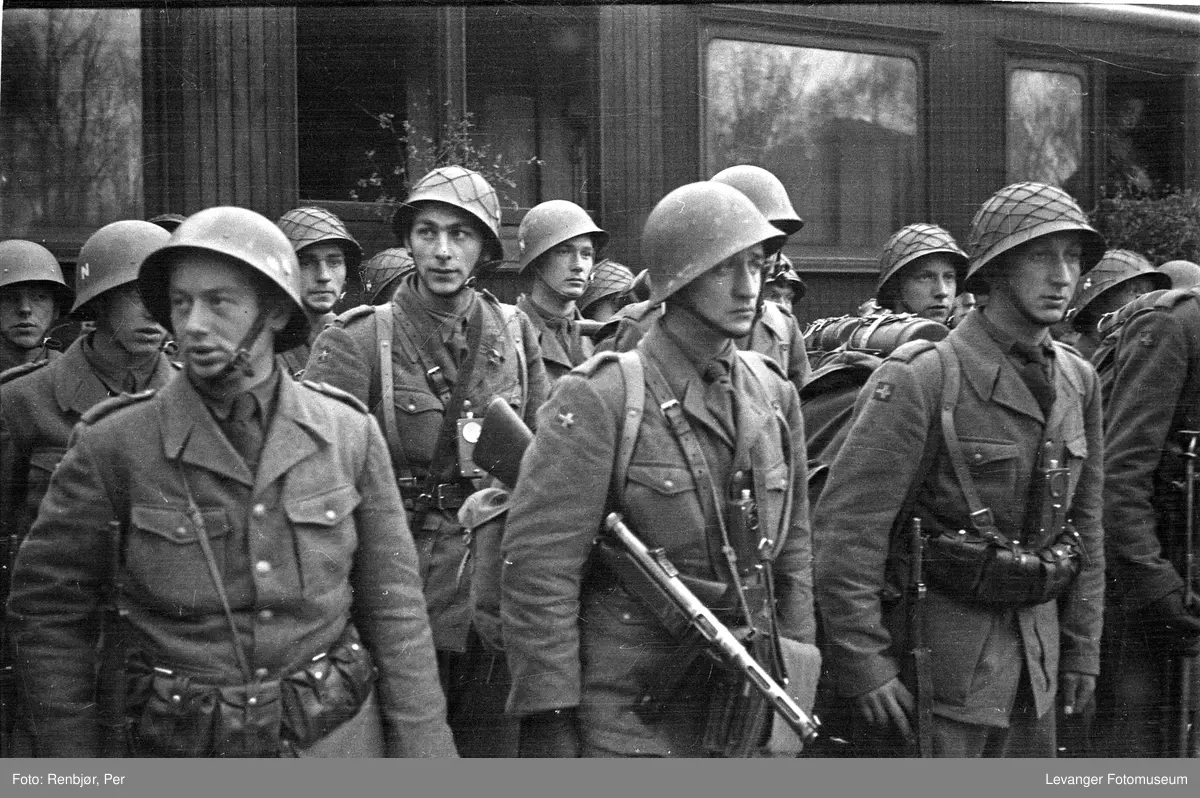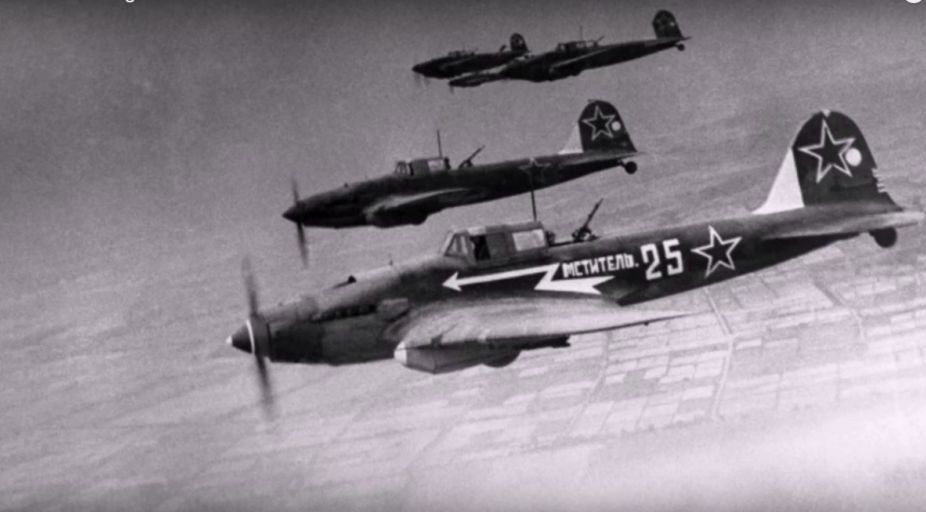This really isn't a jab against Halifax (Poor fellow, gotten quite the reputation in this AAR) but it is to reflect the polarization in Britain in this timeline. Afterall prior to the post-war Labour government Churchill wasn't a fan of such ideas. Now the Labour Party and Unions in this timeline is much, much more radical than the original timeline. The idea is basically the many communist revolutions make left wing movements naturally more radical, as we saw following the Russian revolution, and the communist entryism doctrine from the continent.
So Halifax do believe he is fighting Socialism and the International by being opposed to such things. History will judge him if he were correct or not
I'm sure the Rajani Palme Dutt Memorial Lecture will be very sympathetic to him.



